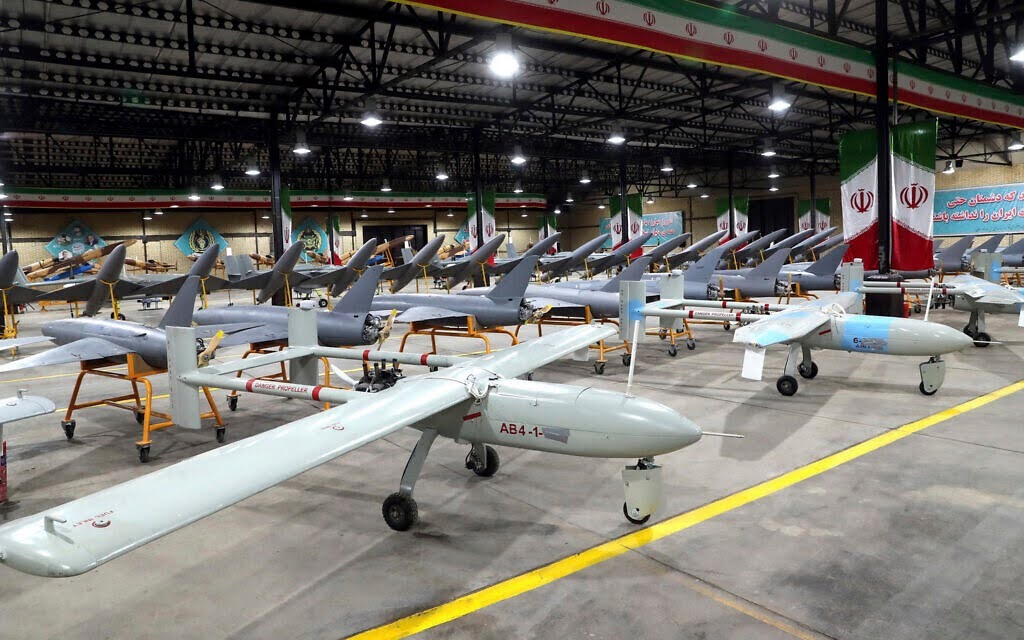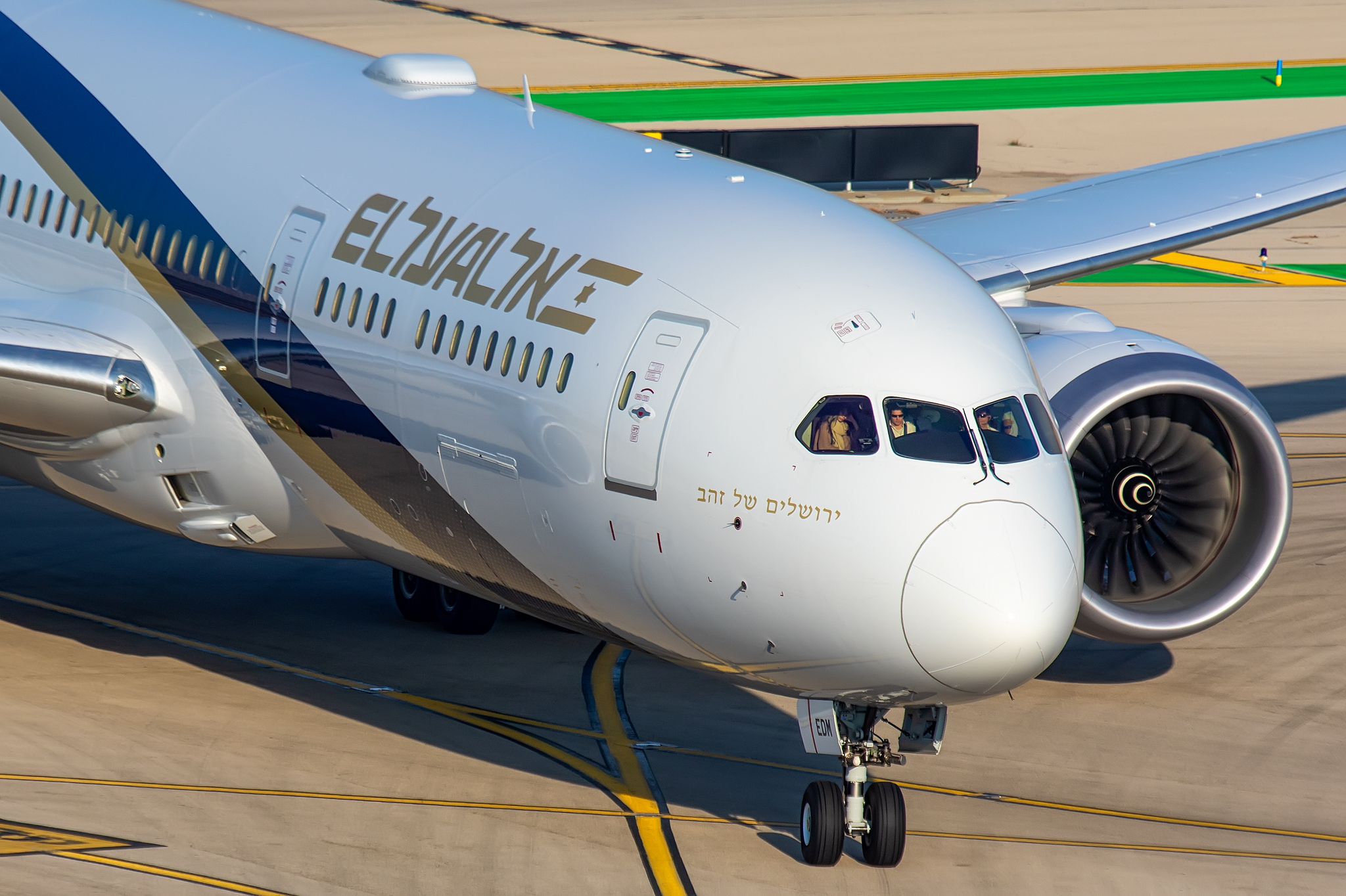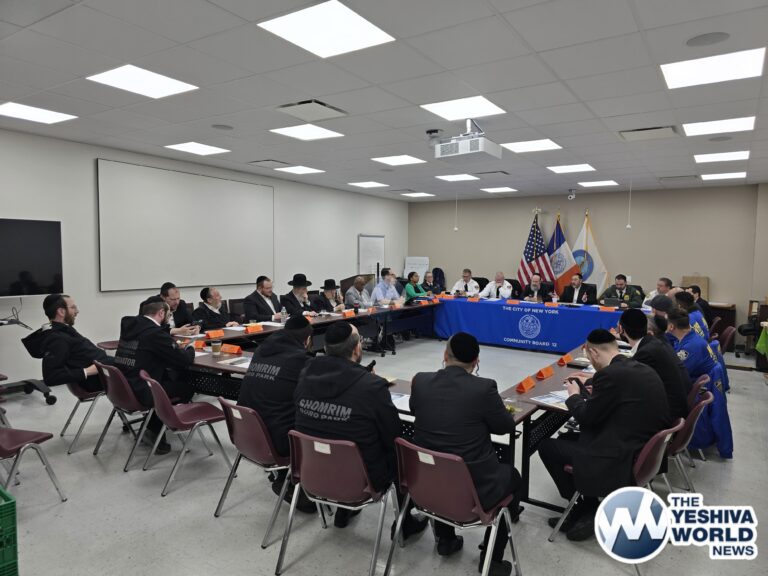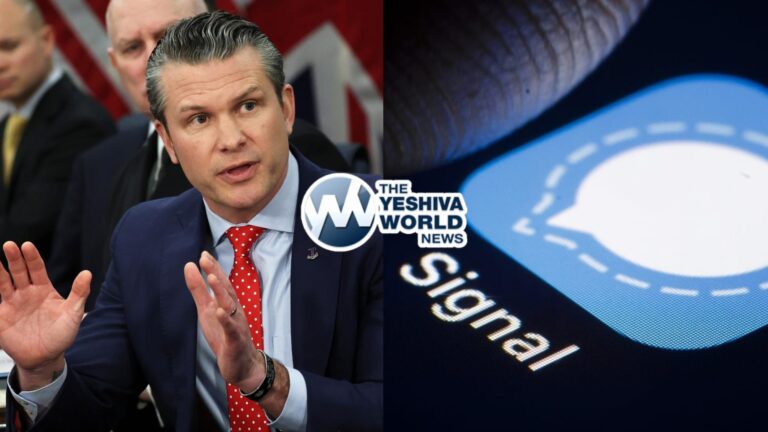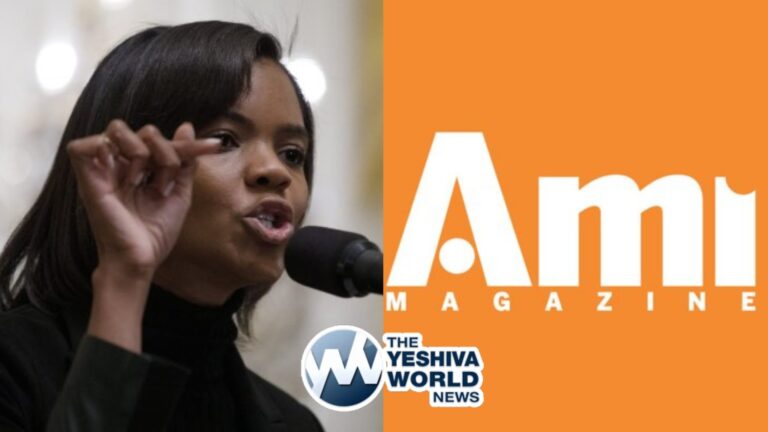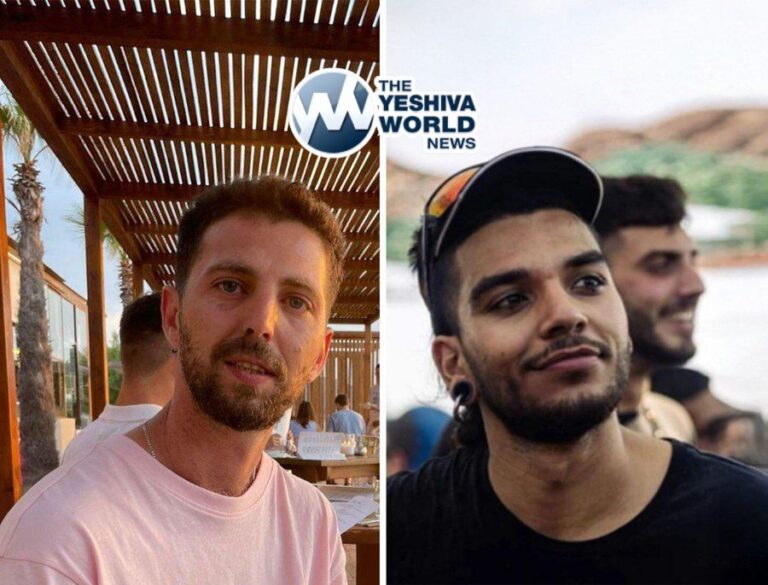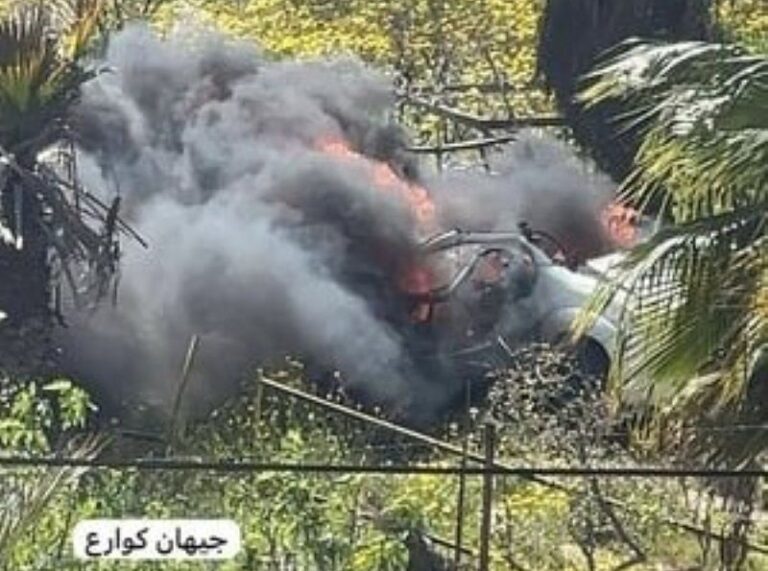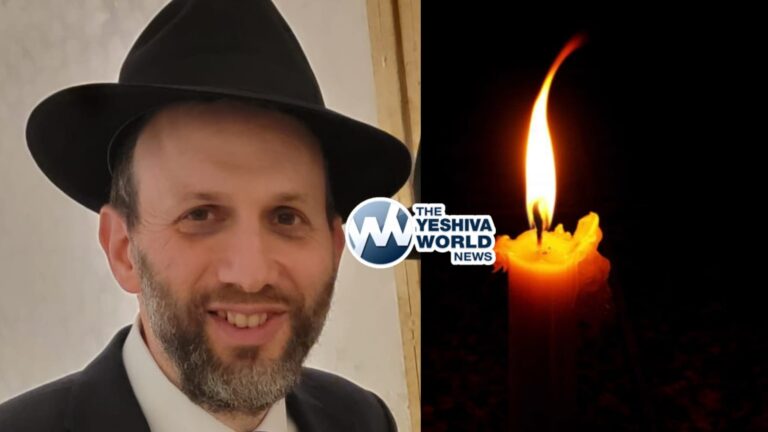The Hezbollah terror group is storing a massive arsenal of Iranian weapons, missiles and explosives in Beirut’s main civilian airport, The Telegraph reported on Sunday.
The Rafic Hariri airport is only four miles away from the center of the city.
According to the report, the cache includes Iranian-made Falaq unguided artillery rockets, Fateh-110 short-range missiles, road-mobile ballistic missiles and M-600 missiles with ranges of over 150 to 200 miles. Also at the airport is the AT-14 Kornet, laser-guided anti-tank guided missiles (ATGM), huge quantities of Burkan short-range ballistic missile and explosive RDX, a toxic white powder also known as cyclonite or hexagon.
One airport employee told The Telegraph: “This is extremely serious. Mysterious large boxes arriving on direct flights from Iran are a sign that things got worse. When they started to come through the airport, my friends and I were scared because we knew that there was something strange going on.”
He expressed fear of a potential massive explosion similar to the one that occurred at the Port of Beirut in 2020, a blast that was attributed to Hezbollah’s use of the port to store weapons.
“Beirut will be cut off from the world, not to mention the number of casualties and damage,” he warned. “It’s just a matter of time before a disaster also happens at the airport.”
This is not the first time that Hezbollah has been accused of storing weapons at the airport but according to airport employees, it has escalated since October 7th. In November, “unusually big boxes” arrived on a direct flight from Iran. “This doesn’t happen often, but it did happen exactly when everyone in Lebanon was talking about the possibility of war,” the first worker added.
Another whistleblower claimed: “For years I have been watching Hezbollah operating at Beirut airport, but when they do it during a war, it turns the airport into a target. If they keep bringing in these goods I’m not allowed to check, I really believe I’ll die from the explosion or I’ll die from Israel bombing ‘the goods’. It’s not just us, it’s the ordinary people, the people coming in and out, going on holiday. If the airport is bombed, Lebanon is finished.”
Airport employees also said that Hezbollah leader No. 2 Wafiq Safa, is a frequent visitor at the airport.
“Wafiq Safa is always showing up at customs,” one whistleblower claimed, citing close relationships with the customs managers. “I feel like if we don’t do what they say, our families will be in danger.”
He added that employees who collaborate with Hezbollah “walk around like peacocks” with new watches and smartphones, and drive new cars. “A lot of money [is] being passed under the table,” he added.
Ghassan Hasbani, the former deputy prime minister and an MP for the Lebanese Forces party, said Hezbollah’s control of the airport has long been a concern for Lebanon and more so now if it increasingly becomes a potential military target in the conflict with Israel.
He called for action to assess risks at the airport for fear of a repeat of the tragic port disaster of 2020. “It’s very difficult to know who can take action,” he said. “The last time the government tried to take action in 2008, there was a violent reaction by Hezbollah.
“The area all around the airport is controlled by Hezbollah so many people are concerned about passage through the airport of Beirut, which is why many Gulf countries have at times imposed bans on their citizens travelling there,” he said.
“Weapons being transported from Iran to Hezbollah across border entry points or even weapon components, endangers both the Lebanese population and the non Lebanese travelling through and living in the country.”
Taking action is all but impossible without international intervention to implement relevant UN resolutions, he said. “The entrenchment of Hezbollah is everywhere, not only in the airport but in the port, the judiciary, it’s across society.
“The public administration now is largely hijacked by Hezbollah and it’s very difficult to remove that without changing the militia-backed power game that exists today.”
A security source at a major international aviation body told The Telegraph: “We have been aware of this for years, but we are unable to do anything without international legal action. Our hands are tied to do what we’d really like, which is to close the airport and have all the weapons and explosives removed.”
In a statement, the IDF said: “Hezbollah’s strategy to hide weapons and operate from civilian neighborhoods stems from its intentions to draw the IDF to target these civilian areas in times of escalation.
“If Hezbollah were to target Israeli civilians from these sites, the IDF would have no choice but to react, potentially placing Lebanese civilians in harm’s way, causing international outrage toward the IDF.”
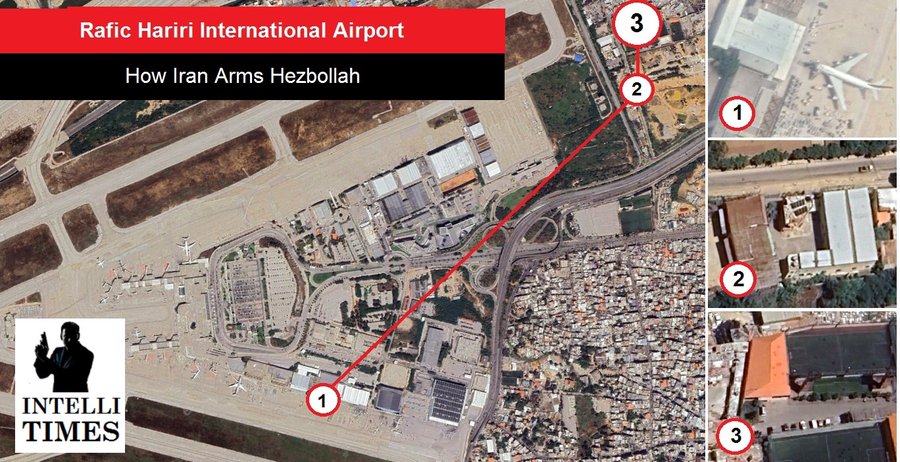
(YWN Israel Desk – Jerusalem)

